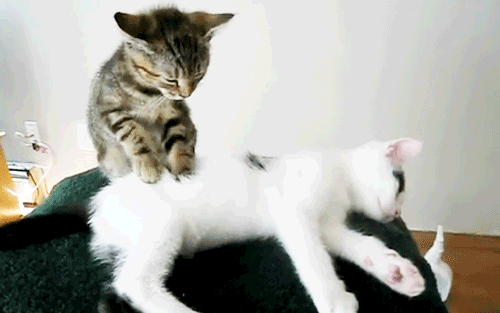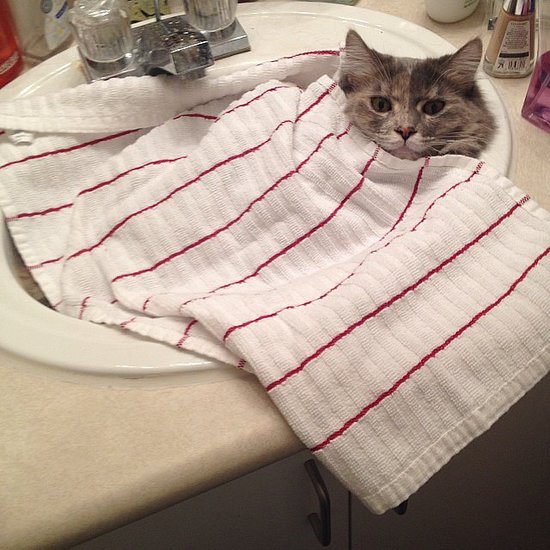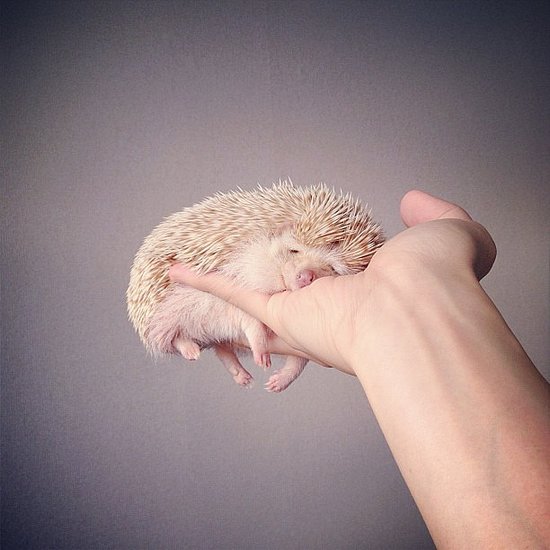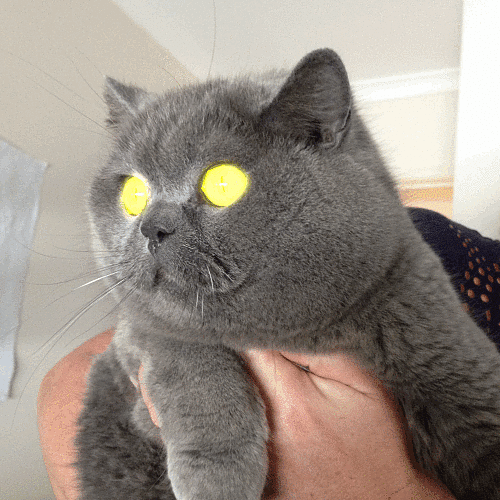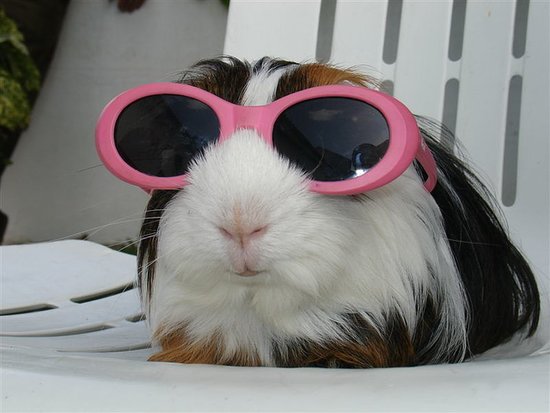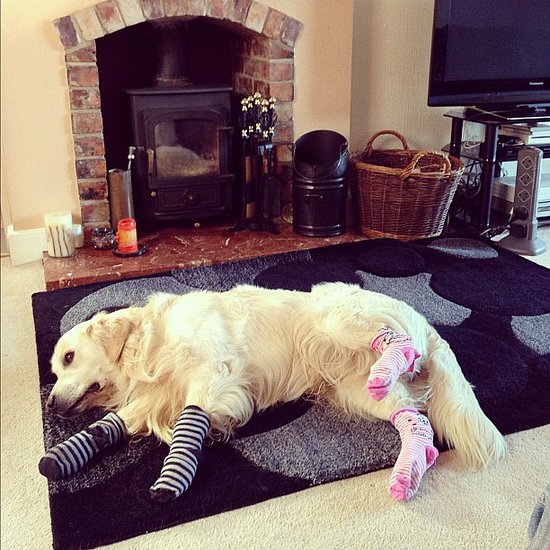Especially when it comes to babies because in the beginning, we are so, so tired, and we just want to catch a little bit of rest. These tips may not cure sleep deprivation or even teach your baby to sleep through the night, but it is my hope they will aid you in guiding your baby to sleeping better.
Infant sleep facts can better help you troubleshoot sleep challenges your baby is currently experiencing.
When we know why our baby is sleeping a certain way, it helps minimize the mystery and makes sense out of frequent infant waking. We may even be able to optimize naps and nighttime sleep, decreasing fatigue over time.
1. Infant sleep cycles are about 45-60 minutes.
Infant sleep cycles are short compared to adults. With short sleep cycles, babies tend to wake up often. This means that if your baby wakes up 45-60 minutes into a nap, they are likely waking up mid-nap. So unless it’s the last nap of the day, which may be a cat nap, your baby likely wasn’t actually done napping. If a baby wakes mid-nap, you can try to lull your baby back to sleep to allow her to finish her nap.
2. Babies spend about 50% of their sleep in active Rapid Eye Movement (REM) sleep.
Babies begin sleep in active sleep and spend equal amounts of time in active and quiet sleep. This means 50% of baby sleep is relatively light and often filled with dreams. Light sleep may contribute to your baby waking often. If your baby is struggling to stay asleep during light sleep, you may consider being extra quiet during sleep cycle transitions (45-60 minutes from start of sleep), swaddling, or using white noise.
3. Babies can take as long as 20 minutes to reach deep sleep.
When initially falling asleep, it’s very common for a baby to take 20 minutes to reach deep sleep. If your baby wakes 5-20 minutes after initially falling asleep, it’s likely because she did not reach a deep sleep. Don’t mistake this for the baby not being tired. Try to lull your baby back to sleep, or if you are sleep-training, allow your baby the chance to fall back asleep independently before rushing in to get her.
4. Ideal nap length is typically 1.5 – 2.5 hours.
A good nap is considered to be at least 1.5 hours. If your baby is taking short naps, she is likely struggling with transitioning through sleep cycles (i.e. staying asleep during REM or light sleep). If being quiet, swaddling or using white noise isn’t enough to help your baby along, you can help lull your baby back to sleep, or if necessary, use a sleep prop like a swing or pacifier. I am not a huge advocate for sleep props, but I’ve certainly used them as a last resort. True story.
5. Infant sleep begins to settle around the 3-6 month mark.
If you are really struggling in the sleep department with your newborn, know that sleep will start to settle during the 3-6 month mark. During this time, your baby will start to enter deep sleep quicker and stay in deep sleep longer.
If you are really struggling in the sleep department with your newborn, know that sleep will start to settle during the 3-6 month mark. During this time, your baby will start to enter deep sleep quicker and stay in deep sleep longer.
6. Sleeping through the night is an ambiguous term.
For some babies this happens sooner; for others, much later. Some consider sleeping through the night a 6 hour stretch during the night for a younger baby. For an older baby (+6 months), some experts believe that 10-12 hours per night is achievable for a healthy normal developing baby. This doesn’t mean that if your baby isn’t sleeping a longer stretch during the night that you are doing anything wrong or that your baby has a sleep issue. You are the parent, listen to your baby, and collaborate with your pediatrician to determine what a healthy stretch of nighttime sleep could be for your baby. Don’t rush for your baby to sleep through the night, even if you are sleep training, as it will likely happen naturally over time if you simply allow things to fall into place.
7. A few words about average ages for dropping naps.
Babies are very good at making us parents believe they are not tired. And because of this, naps may be dropped slightly earlier than the optimal window. These are only averages to serve as a guideline (not hard and fast rules) to help you decide when to drop a nap.
It is most common to move from 4 to 3 naps during the 3-5 month age range.
It is most common to move from 3 to 2 naps during the 6-9 month age range.
It is most common to move from 2 to 1 nap during the 14-18 month age range.
8. A few words about bedtime and morning wake-up time.
Newborns (0-3 months) may have a later bedtime initially until sleep starts to settle. However, the ideal bedtime for an infant (3+ months) is 6-8 pm, and the ideal morning wake up time is 6-8 am. Children have been sleeping from dusk until dawn since the beginning of time. If your baby is going to sleep late in the evening, there is a good chance she will suffer from being overtired.
Newborns (0-3 months) may have a later bedtime initially until sleep starts to settle. However, the ideal bedtime for an infant (3+ months) is 6-8 pm, and the ideal morning wake up time is 6-8 am. Children have been sleeping from dusk until dawn since the beginning of time. If your baby is going to sleep late in the evening, there is a good chance she will suffer from being overtired.


